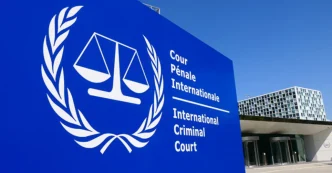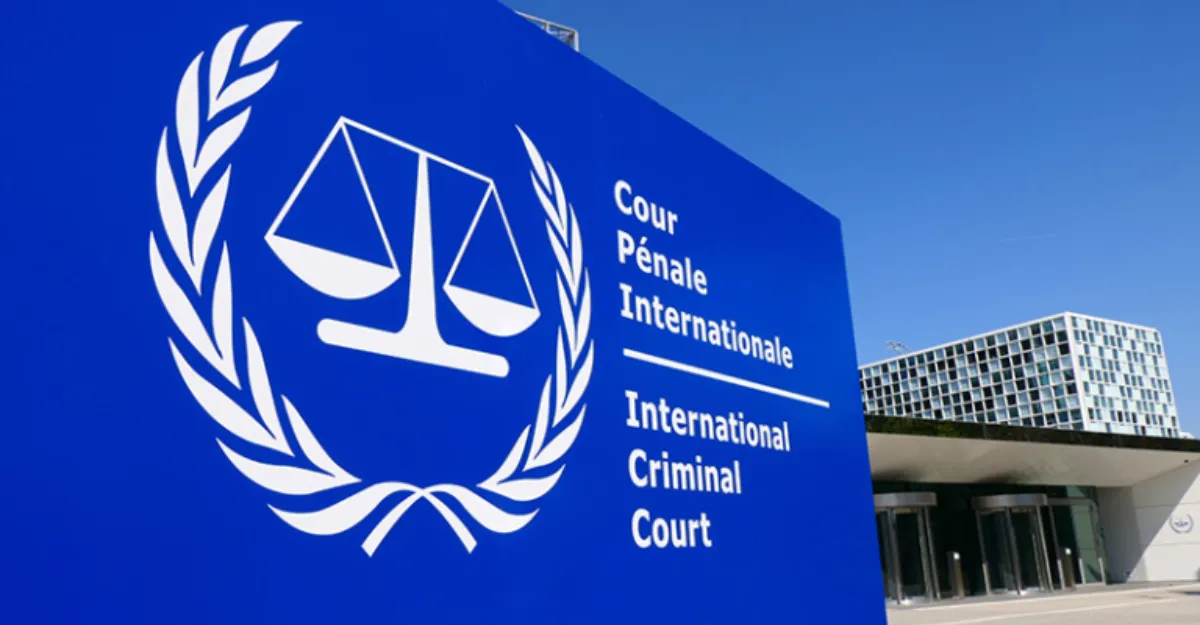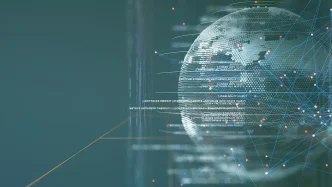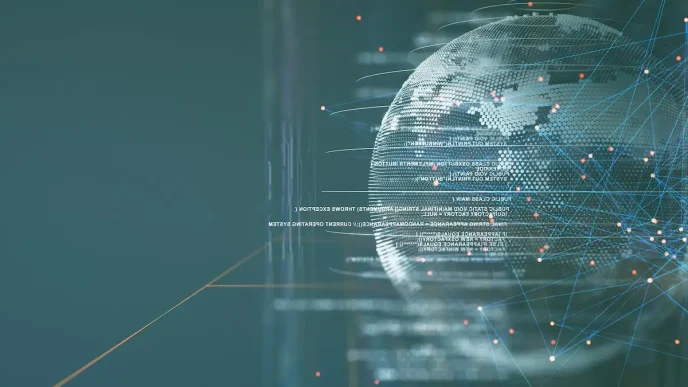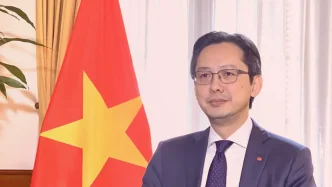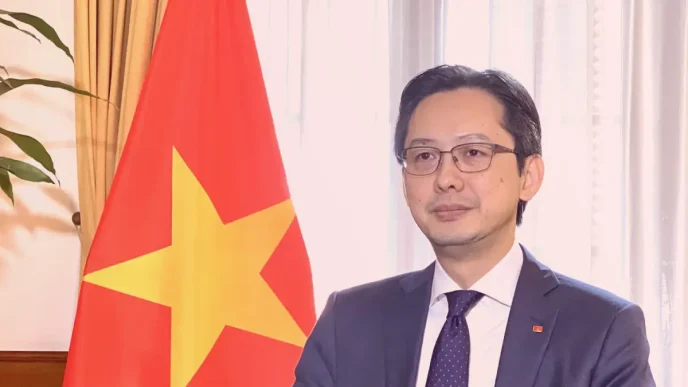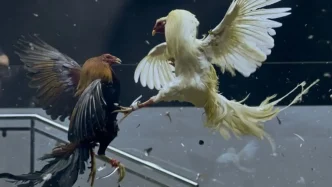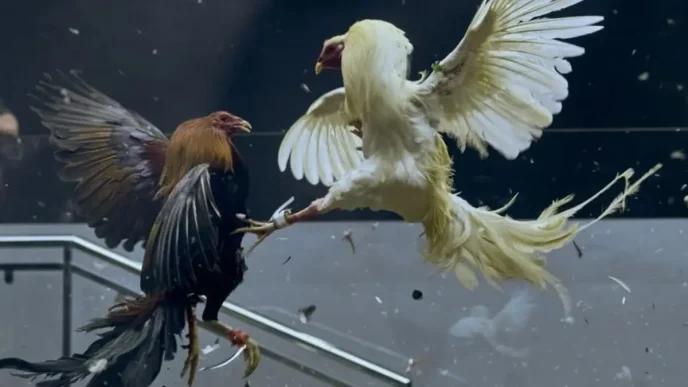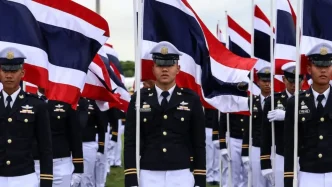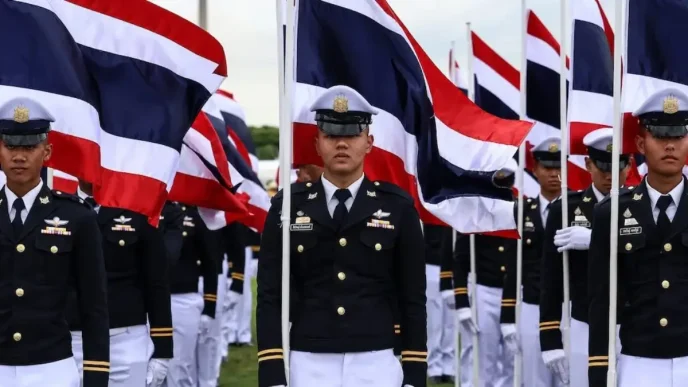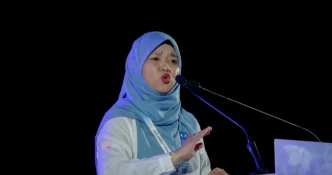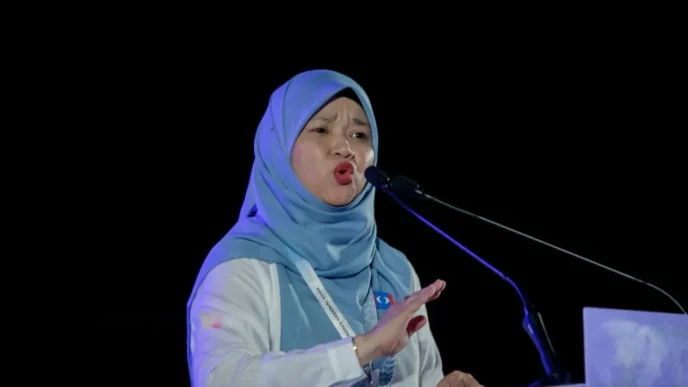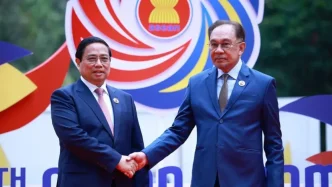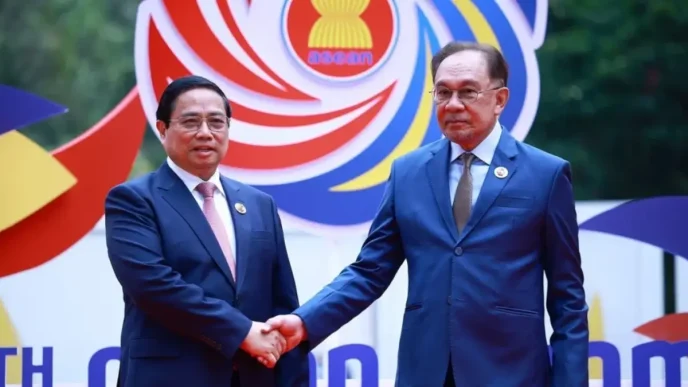As the International Criminal Court (ICC) prepares for the confirmation of charges hearing against former Philippine President Rodrigo Duterte on September 23, 2025, his defense team’s unconventional strategy has sparked intense speculation. In a filing dated July 24, Duterte’s legal counsel, led by Nicholas Kaufman, revealed they will neither call witnesses nor submit written testimonial evidence during the pivotal hearing. This decision, rooted in a calculated effort to avoid tipping off the prosecution, has drawn sharp reactions from legal experts and victims’ advocates, raising questions about the strength of Duterte’s position in the face of allegations of crimes against humanity.
A Deliberate Silence
The defense’s approach, as outlined in their response to Pre-Trial Chamber I’s orders from March and April, hinges on a strategic choice to withhold key elements of their case at this stage. Kaufman argued in the filing that credibility holds little weight during the confirmation phase, justifying the decision not to present witnesses. The team further stated they aim to prevent the prosecution from gaining “advance notice” of potential defense witnesses who could challenge the limited and selectively chosen evidence presented by the opposing side.
For the same reason, Duterte’s lawyers have opted against submitting written testimonial evidence, asserting that doing so could allow the prosecution to adjust its investigation if charges are confirmed. This move to maintain opacity extends to their refusal to present an alibi or raise grounds for exclusion of criminal responsibility under Article 31 of the Rome Statute, which covers defenses such as mental incapacity, self-defense, or duress. Instead, the defense will rely solely on documentary evidence during the hearing, the specifics of which remain undisclosed.
Legal Implications and Interpretations
The decision to adopt a passive stance at this critical juncture has fueled debate among legal observers. Kristina Conti, an ICC Assistant to Counsel, suggested to local media that Duterte’s team might be biding their time, possibly awaiting additional confidential information. Conti noted that while the defense has the prerogative to shape its strategy, the significance of any withheld information remains unclear. She emphasized that no formal charges have yet been filed against Duterte, though he is currently held on a reasonable basis for suspected crimes against humanity, including murder, linked to his administration’s brutal war on drugs.
During the confirmation hearing, the prosecution is expected to summarize its case and argue for a full trial, while the defense will likely counter that no case exists. Conti highlighted that the exact scope of the allegations and charges must still be approved by the court, underscoring the preliminary nature of the proceedings. This dynamic allows Duterte’s team to remain reticent for now, focusing on observing the prosecution’s evidence rather than revealing their own.
Victims’ Advocates React
For families of victims of the drug war, the defense’s silence is telling. Lawyer Neri Colmenares, who represents affected families, interpreted the decision as a tacit admission of responsibility. He argued that by not calling witnesses or invoking Article 31 defenses, Duterte’s team effectively concedes that no one will testify under oath to absolve the former president of involvement in the violent campaign that defined his six-year tenure. Colmenares pointed out that Article 31 could have allowed Duterte to claim the alleged crimes were beyond his control or committed by others, yet the defense has chosen not to pursue this avenue.
“This is a confirmation of our prediction that President Duterte has no evidence to present during the trial that will prove that he has nothing to do with the killings during his six-year reign as the President and overlord of the war on drugs” Colmenares stated in a public comment reported by local outlets. His remarks reflect a broader sentiment among human rights advocates who see the defense’s strategy as a sign of weakness rather than a tactical masterstroke. The war on drugs, which resulted in thousands of deaths under Duterte’s leadership, remains a deeply contentious issue in the Philippines and beyond, with the ICC investigation marking a rare international effort to hold a former head of state accountable.
Context of the ICC Case
The ICC’s scrutiny of Duterte stems from his administration’s anti-drug campaign, launched shortly after he took office in 2016. Official figures cite over 6,000 deaths in police operations, though human rights groups estimate the toll could be as high as 30,000, including extrajudicial killings. The investigation, initiated after the Philippines withdrew from the ICC in 2019, focuses on alleged systematic abuses that may constitute crimes against humanity. Despite the country’s exit from the court’s jurisdiction, the ICC maintains authority over crimes committed during the period of membership, a legal nuance that has kept the case alive despite domestic resistance.
Duterte has repeatedly dismissed the ICC’s legitimacy, calling it a tool of Western interference, and has vowed not to cooperate. His government’s initial attempts to block the investigation through jurisdictional challenges have failed, leading to the current stage of confirmation of charges. The upcoming hearing is not a trial but a procedural step to determine whether sufficient evidence exists to proceed. For many Filipinos, particularly those who lost loved ones in the drug war, the case represents a long-overdue reckoning, while Duterte’s supporters view it as a politically motivated attack on a leader who prioritized national security.
Strategic Risks and Calculations
Legal analysts suggest that Duterte’s defense strategy carries both risks and potential benefits. By withholding witnesses and testimonial evidence, the team avoids early exposure of their case, which could be exploited by the prosecution to refine its arguments. However, this approach also limits their ability to directly counter the prosecution’s narrative at the confirmation stage, potentially allowing damaging allegations to go unchallenged in the short term. The reliance on documentary evidence—whose nature remains vague—adds another layer of uncertainty, as its impact on the Pre-Trial Chamber’s decision is difficult to predict.
Moreover, the decision not to invoke Article 31 defenses may be interpreted by the court and public as an unwillingness to engage with substantive arguments about Duterte’s personal responsibility. While the defense may be reserving such claims for a later trial phase, their current silence could shape perceptions of the case in its formative moments. In a country where public opinion on Duterte remains polarized, with some hailing him as a decisive strongman and others condemning him as a human rights violator, every legal maneuver is scrutinized for deeper meaning.
Broader Implications for International Justice
The Duterte case is emblematic of broader challenges facing international justice mechanisms like the ICC. With only limited enforcement power and reliance on state cooperation, the court often struggles to hold powerful figures accountable, particularly in regions skeptical of its mandate. The Philippines’ withdrawal from the ICC under Duterte’s watch was itself a statement of defiance, echoed by other nations wary of external oversight. A successful prosecution could bolster the court’s credibility, demonstrating its ability to address systemic abuses even in politically hostile environments.
Conversely, a failure to advance the case past the confirmation stage could further erode trust in international accountability mechanisms, emboldening leaders who prioritize sovereignty over human rights obligations. For Southeast Asia, where authoritarian tendencies and strongman politics have deep roots, the outcome of Duterte’s case may set a precedent for how far international law can reach into domestic affairs. Countries like Myanmar and Cambodia, also under ICC or UN scrutiny for alleged atrocities, are watching closely.
Looking Ahead
As the September 23 hearing approaches, the eyes of the Philippines and the international community remain fixed on Duterte and the ICC. Will the prosecution present a compelling enough case to justify a trial, or will the defense’s calculated reticence expose gaps in the evidence? Beyond the courtroom, the case continues to stir raw emotions among Filipinos, for whom the war on drugs is not just a policy debate but a lived tragedy. For now, Duterte’s legal team holds its cards close, leaving observers to ponder whether this silence is a sign of confidence or a desperate bid to delay the inevitable.

